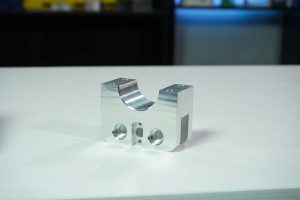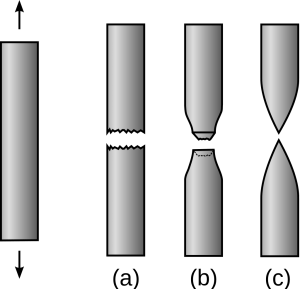Introduction to Titanium
Titanium, renowned for its remarkable traits such as low density and high structural strength, plays an indispensable role across various demanding industries. Its inherent resistance to corrosion makes it exceptionally suited for critical environments found within the medical and aerospace sectors. In medicine, titanium’s compatibility with biological systems allows for its use in implants and prosthetics, significantly enhancing patient outcomes. Meanwhile, aerospace applications benefit from titanium’s ability to withstand extreme temperatures and pressures without compromising integrity or performance, crucial for aircraft and spacecraft components that demand the highest levels of reliability.
Titanium in Medical Applications
The remarkable biocompatibility of titanium makes it an exceptional metal for use within the human body, particularly for orthopedic implants such as joint replacements and dental applications. As an example, in orthopedics, titanium is utilized to create hip and knee prostheses due to its ability to fuse well with human bone and support long-term load-bearing activities. In dentistry, titanium dental implants serve as a sturdy foundation for artificial teeth, melding with the jawbone to provide a permanent solution that mimics natural tooth roots. Furthermore, titanium’s durability and resistance to corrosion contribute to making surgical instruments more reliable and easier to sterilize than those fashioned from traditional materials, thereby enhancing overall patient safety.
Titanium in Aerospace Applications
The adoption of titanium in aerospace design is largely due to its exceptional strength-to-weight ratio, which facilitates considerable weight reduction and concomitantly enhances fuel efficiency. This lightweight metal surpasses the performance of traditional aircraft materials with its enduring durability, even at extreme temperatures, which makes it indispensable for components like engines and airframes where reliability is crucial. In the realm of space exploration, titanium’s resistance to corrosion and high melting point make it a material of choice; an illustration being its application in the framework of landing gears used on lunar modules, where both low mass and resilience against the harsh lunar environment are mandatory.
Manufacturing and Design Innovations in Titanium Use
Advancements in the manufacturing and design of titanium instruments for medical and aerospace applications are increasingly led by precision machining and 3D printing technologies. A notable breakthrough has been the additive manufacturing (AM) of complex parts, where a detailed geometric component previously deemed impossible or too costly to machine traditionally was produced with intricate internal structures optimized for weight reduction without compromising strength. This pioneering use case illustrates how AM facilitates the creation of designs that were once unattainable, allowing for greater innovation in these critical sectors. Alongside such technological advancements, there has been significant progress in the development of titanium alloys tailored for specific end-use environments. For instance, Ti-6Al-4V is widely utilized for its favorable balance of low weight, high strength, and resistance to corrosion, making it an ideal choice in both medical implants and aerospace components.
Challenges and Future Prospects of Titanium Use
The significant cost implications associated with utilizing titanium in medical and aerospace applications stem from its processing complexity and the high energy consumption required during extraction. However, ongoing research is exploring alloying techniques and additive manufacturing processes aimed at reducing these costs by improving material efficiency and performance. For instance, advancements in 3D printing technology are enabling precise control over the microstructure of titanium components, yielding strength-to-weight ratios beneficial for future aerospace designs. Additionally, biomedical engineers foresee potential future applications of titanium in bioresorbable implants, which could revolutionize patient recovery times and postoperative outcomes.



